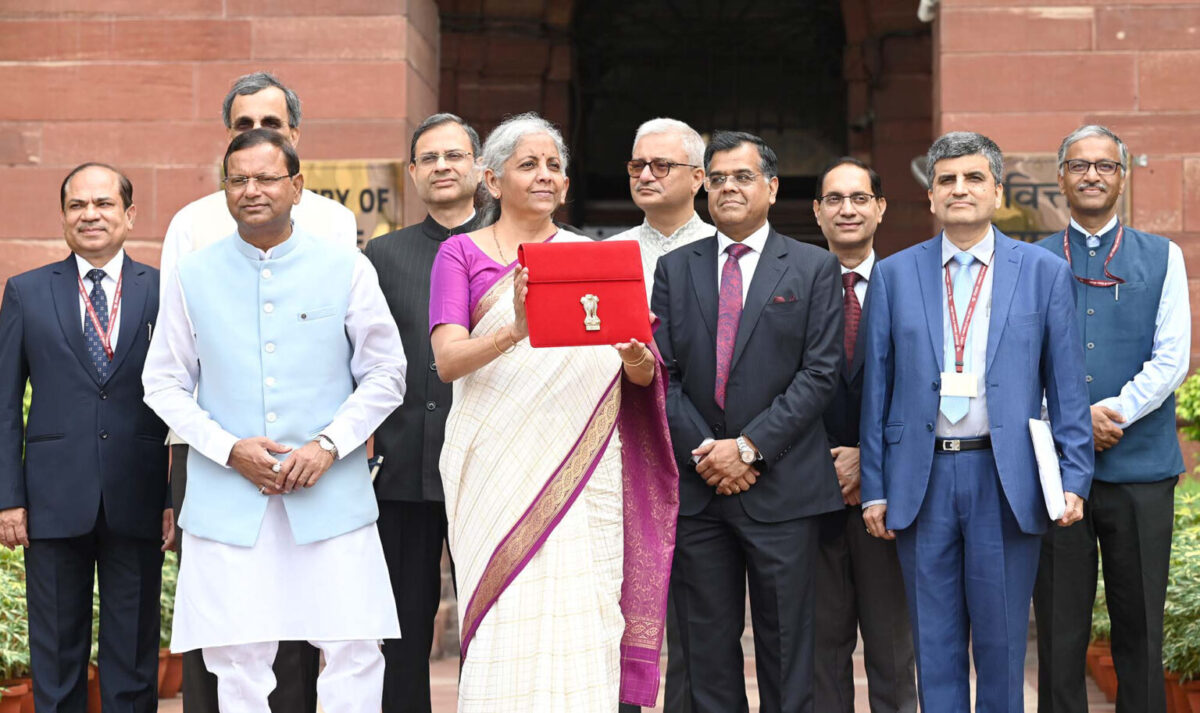Indian Finance Minister Nirmala Sitharaman presented the Union Budget 2024-25 in the Lok Sabha this week. For the renewable energy sector, particularly solar, the budget supports manufacturing by exempting specified machinery and equipment used to manufacture solar cells and modules from basic customs duty (BCD).
Such machines previously had a 7.5% customs duty. The exemption will reduce costs for solar cell and module manufacturers.
Import duty (BCD) exemptions have been extended for specified goods used in the manufacture of silicon wafers, EVA (ethylene vinyl acetate) sheets, and flat copper wire for photovoltaic ribbon. These exemptions will last until March 31, 2026, and the scope of materials that can be imported is being expanded.
However, solar glass used for manufacturing solar cells or modules will be hit with a 10% customs duty starting Oct. 1. Tinned copper interconnects for manufacturing solar cells or modules will also attract a 5% customs duty from Oct. 1.
“In view of sufficient domestic manufacturing capacity of solar glass and tinned copper interconnect, I propose not to extend the exemption of customs duties provided to them,” said the finance minister in her budget speech.
Customs duty exemption on active energy controllers (AEC) used in manufacturing renewable power system inverters will also lapse on September 30.
To boost battery manufacturing, BCD exemptions for parts and raw materials used to manufacture lithium-ion cells have been extended until March 31, 2026. Specified parts and components for lithium-ion battery and battery pack production are also exempt from BCD until March 31, 2026. Lithium, copper, and cobalt have been exempted from customs duty.
To continue reading, please visit our pv magazine India website.

By submitting this form you agree to pv magazine using your data for the purposes of publishing your comment.
Your personal data will only be disclosed or otherwise transmitted to third parties for the purposes of spam filtering or if this is necessary for technical maintenance of the website. Any other transfer to third parties will not take place unless this is justified on the basis of applicable data protection regulations or if pv magazine is legally obliged to do so.
You may revoke this consent at any time with effect for the future, in which case your personal data will be deleted immediately. Otherwise, your data will be deleted if pv magazine has processed your request or the purpose of data storage is fulfilled.
Further information on data privacy can be found in our Data Protection Policy.